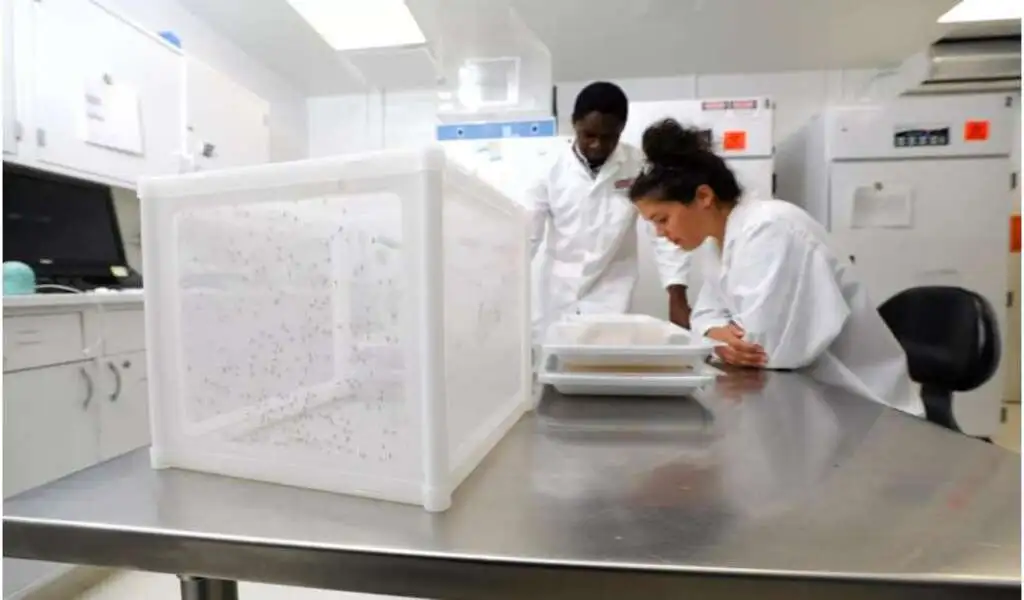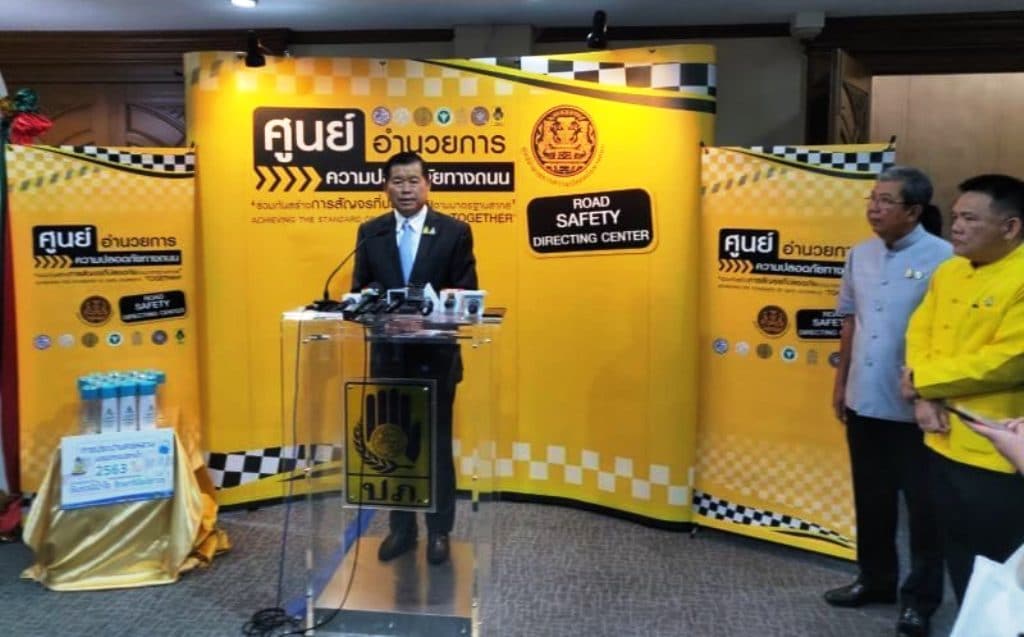Health
Mosquitoes That Carry Malaria Can Be Controlled By Adding Soap

(CTN News) – Is soap the answer to malaria’s decades-long battle? Scientists at The University of Texas at El Paso have offered a compelling argument for it in a new study in PLOS Neglected Tropical Diseases.
Liquid soap can boost the potency of some pesticides by over ten times when added to small quantities.
According to Colince Kamdem, Ph.D., assistant professor in UTEP’s Department of Biological Sciences and lead author of the study, the discovery is encouraging because malaria-carrying mosquitoes are becoming increasingly resistant to insecticides.
Kamdem explained that mosquitoes have become highly resistant to most insecticides over the past two decades. The race to develop alternative compounds with new modes of action is now on.”
A special class of insecticide known as neonicotinoids has been shown to be a promising alternative for targeting populations that are resistant to existing insecticides, according to Caroline Fouet, Ph.D., the study’s second author. The potency of neonicotinoids, however, must be boosted in order to kill some mosquito species. Fouet said soap serves as a boosting agent in this case.
In sub-Saharan Africa, Asia, and Latin America, malaria is a devastating mosquito-borne disease that causes fever, fatigue, headaches, and chills. The disease can be fatal.
According to the Centers for Disease Control, there were 241 million malaria cases worldwide in 2020, which resulted in 627,000 deaths.
During routine insecticide testing at CRID in Cameroon, Kamdem first discovered soap’s potency before joining UTEP.
World Health Organization (WHO) protocols recommend adding a seed oil-based product to insecticide concoctions to test mosquito susceptibility to some insecticides. In contrast to when the insecticide was used alone, Kamdem observed mosquito mortality increased when the compound was added.
According to Kamdem, that compound is comparable to kitchen soap. Our next thought was, “Why not test similar products?”.”
Three low-cost, linseed-oil-based soaps from sub-Saharan Africa, Maître Savon de Marseille, Carolin Savon Noir, and La Perdrix Savon, were combined with four neonicotinoids, acetamiprid, clothianidin, imidacloprid, and thiamethoxam.
It was a good decision to follow the hunch. It was found that the insecticides significantly enhanced potency in all cases studied by the team. “All three brands of soap increase mortality malaria by 30 percent to 100 percent,” said Ashu Fred, first author of the study and Ph.D. student at Cameroon’s University of Yaounde 1.
A class of insecticides known as pyrethroids was also tested with soap added. These cases, however, did not yield any benefits.
In order to determine the exact amount of soap required to enhance insecticides, the team hopes to conduct additional tests.
Kamdem said he would like to develop a soap-insecticide formulation that is malaria-safe to use indoors in Africa. While there are unknowns as to whether such a formulation will stick to mosquito nets, the challenge is both exciting and promising.
SEE ALSO:
With An Inexpensive Pill, Kidney Disease-Related Deaths Could Be Reduced




























